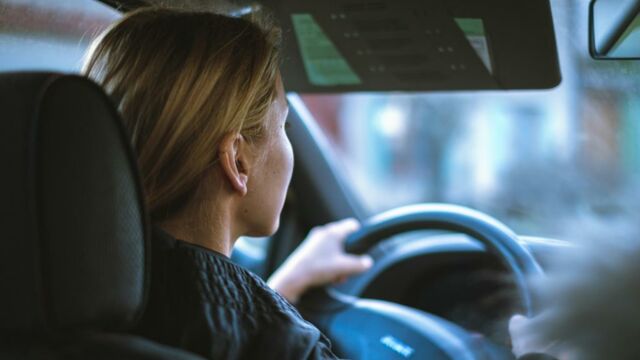Driving is one of the most common ways of getting from point A to point B. Naturally, as all drivers know, driving can be dangerous and in some cases, accidents can be fatal. As such, there a several rules and laws in place to ensure everyone’s safety.
Discover our latest podcast
Indeed, drivers are required by law to wear seatbelts. More recently, the DVLA has implemented a new system for those who are over 70 must renew their driving license regularly or risk a hefty fine.
It isn’t only old-age driving that could result in a hefty fine. Several medical conditions could lead you to receive a £1,000 fine if you do not declare them to the DVLA.
You could get fined for driving with certain medical conditions
As reported by Mirror there are 108 medical conditions that you must declare to the DVLA if you want to drive, if you do not, you could risk receiving a £1,000 fine.
The medical conditions that are concerned are ones that ‘might affect your ability to drive safely’. It is important to note that if you have any of the listed medical conditions, you legally have to declare them to the DVLA, it is not merely a suggestion.
Moreover, if you have not declared any of the concerned medical conditions and you unfortunately get into an accident where said medical condition may have been the cause, your insurance may not cover you, as per Mirror.
Car experts at Swansway Motor Group explained that reporting any health conditions that may affect your driving is to ensure a ‘safer driving environment for themselves and others’.
How to declare your medical conditions
If you do have medical conditions that could affect your driving, you must declare them to the DVLA. First, you need to find out if your medical condition needs to be declared, you can do that through an online service, or you can check on the A to Z list of medical conditions and see if yours appears.
Swansway Motor Group also added that if you are unsure, you can always consult your GP:
It's better to stay on the side of caution and ensure compliance with DVLA regulations to avoid potential legal and financial repercussions.
Depending on your situation, you may or may not need to surrender your driver's licence. According to gov.uk, you are obliged to give up your license if the following apply:
- Your doctor tells you to stop driving for 3 months or more
- Your medical condition affects your ability to drive safely and lasts for 3 months or more
- You do not meet the required standards for driving because of your medical condition
You are allowed to apply to get your driver’s license back when you can meet the medical standards.
Some of the medical conditions that need to be declared to the DVLA are diabetes, cancer, anxiety, and arthritis. You can find the full list of the 108 medical conditions that need to be declared here.
Read more:
⋙ Driving under the influence: This prescription medication could cost you your driving privilege
⋙ New parking laws threaten £100 fine for drivers in this city
⋙ Painkillers: How many of this common medication is safe to take, according to doctors?
Sources used:
Mirror: ‘Full list of 108 medical conditions drivers must tell DVLA about or risk £1,000 fine’
gov.uk: ‘Check if a health condition affects your driving’
gov.uk: ‘Medical conditions, disabilities and driving’















